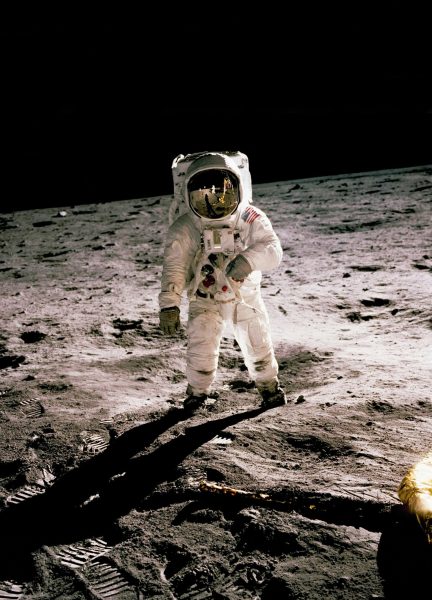
On Oct. 22 UNCW Chancellor, Aswani Volety, presented the “Dare to Learn Lecture” where NASA astronaut Scott Kelly detailed his life, achievements and failures. In 2015, Kelly became the first American to spend a year in space during his fourth space flight. While these 340 days on the International Space Station were filled with emotion and fulfillment, it’s not exactly what Kelly focused on in his speech. Instead, the focus of the speech was Kelly’s failures and how building on them led to his ultimate successes.
Kelly’s failure began in his childhood, as he explains his New Jersey upbringing was riddled with “bad grades and low expectations.” Because of this, Kelly would often avoid things that seemed too hard. He would refuse to take risks, being held down by his own worry and self-doubt. Despite his later endeavors as a military pilot and astronaut, he once told himself he could never fly a plane after seeing how complicated it was.
As everything grew worse, Kelly began to search for a way out, stripping himself of his anxiety as he began seeking adventure rather than fearing it. In his new path towards self-discovery, Kelly became a Navy fighter pilot, though his failures began to persist in his new career. Before long, both those above and below were telling Kelly that being a pilot just wasn’t meant for him. This all came to a head when Kelly nearly crashed an F-14 fighter jet while trying to land it on a Navy ship. Following this, Kelly’s superiors gave him the choice of either landing larger planes on land going forward, or taking another attempt at the much harder, more complicated F-14. However, if he failed at landing the F-14 once more, he would never be able to fly for the Navy again. It was a massive risk that could destroy his career… and he went for it. “If I’m going to fail at something, it should be something big… challenging,” said Kelly.
Motivated by his past defeat and learning from his mistakes, Kelly succeeded in landing the F-14. He never let his failures get the best of him and instead embraced them, which Kelly claims is the key to success.
Years later, Kelly joined NASA as an astronaut, where his primary goal was to never make a mistake, yet this was impossible. Overconfident and believing he would impress everyone around him, Kelly failed his simulation final exam. He was crushed and confused by his failure, so he made excuses for his poor performance. This all changed when the Chief of the Astronaut Offices told Kelly, “If you don’t make mistakes here, you don’t learn anything.”
Taking his lessons learned during training into consideration, Kelly pushed himself to the top of his astronaut class, leading to his space flights and ultimately, his historical year in space. Kelly was only truly able to succeed when, rather than being afraid of failure, he anticipated it. Kelly continued to make mistakes throughout his career as an astronaut, yet he always owned up to them and took each failure as an opportunity to learn and be better.
We try to ignore, hide and run from our failures. Though without failure, we could never find how to succeed. Kelly explains that “by controlling our failures, we unlock a deeper understanding of our goals, our strengths, and our weaknesses.” Kelly’s path to greatness was littered with failure. He could have just given up, but nothing you want is worth not pursuing.
Kelly is truly an inspiration. Though not all of us are astronauts, we have all failed. There is something to learn from each mistake, each defeat, and in all of this, is a hard, rewarding road to our goals, desires and dreams. From struggling student to record-setting space cadet, Kelly never let his own self-doubt overcome him. He kept pushing forward, stayed motivated, and ventured into the unknown. Kelly’s experiences show that no life is worth living in fear. Each of us has greatness within ourselves, and we must dare to find it.



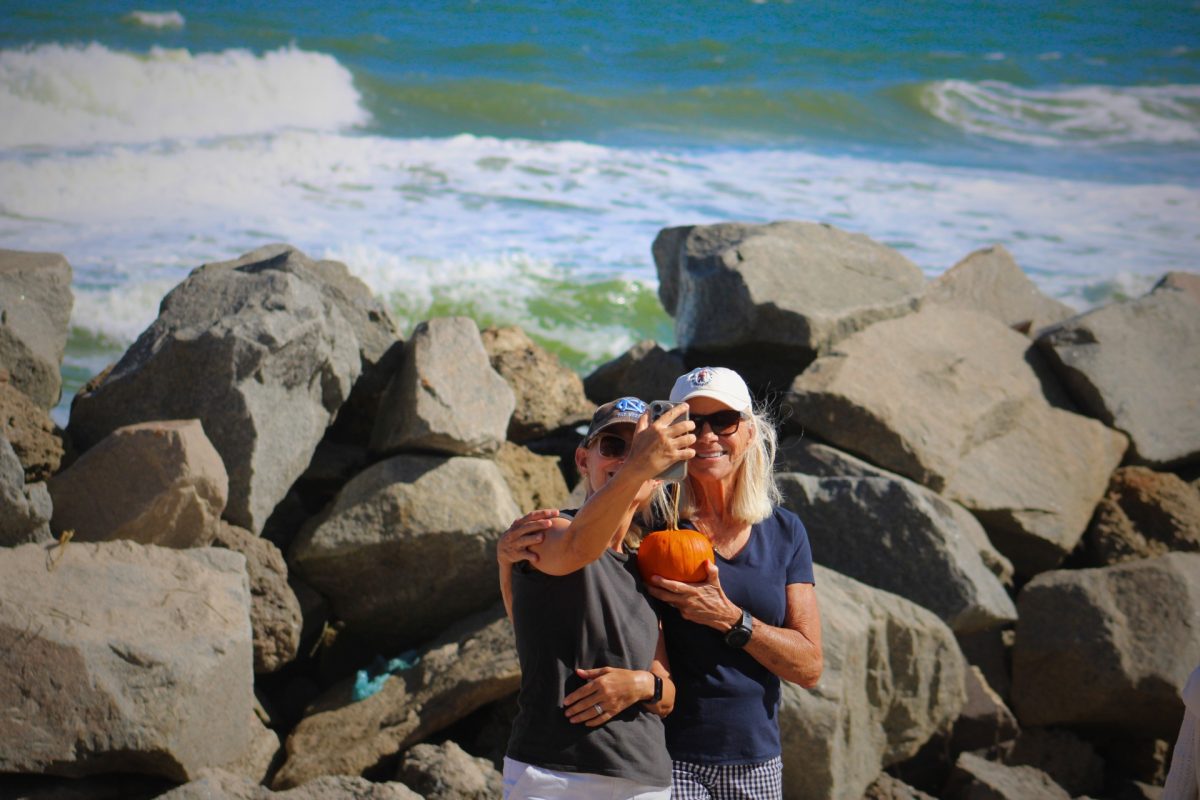

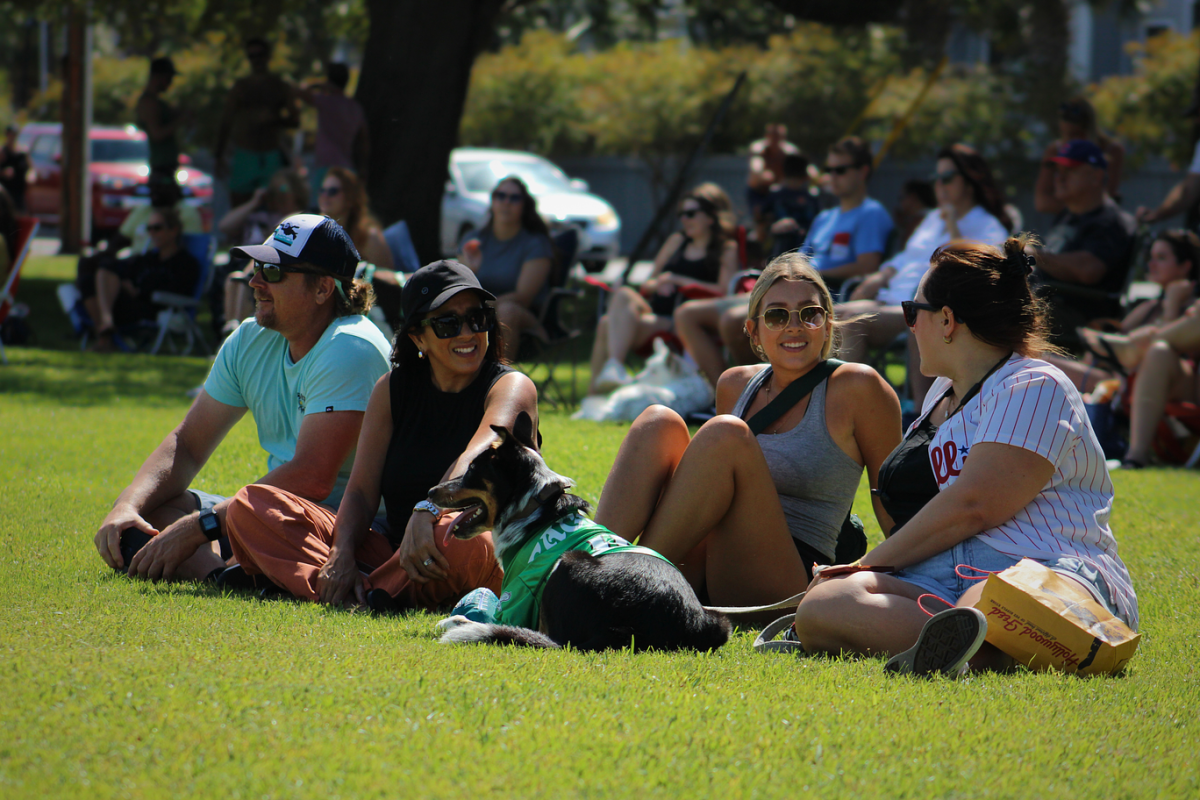
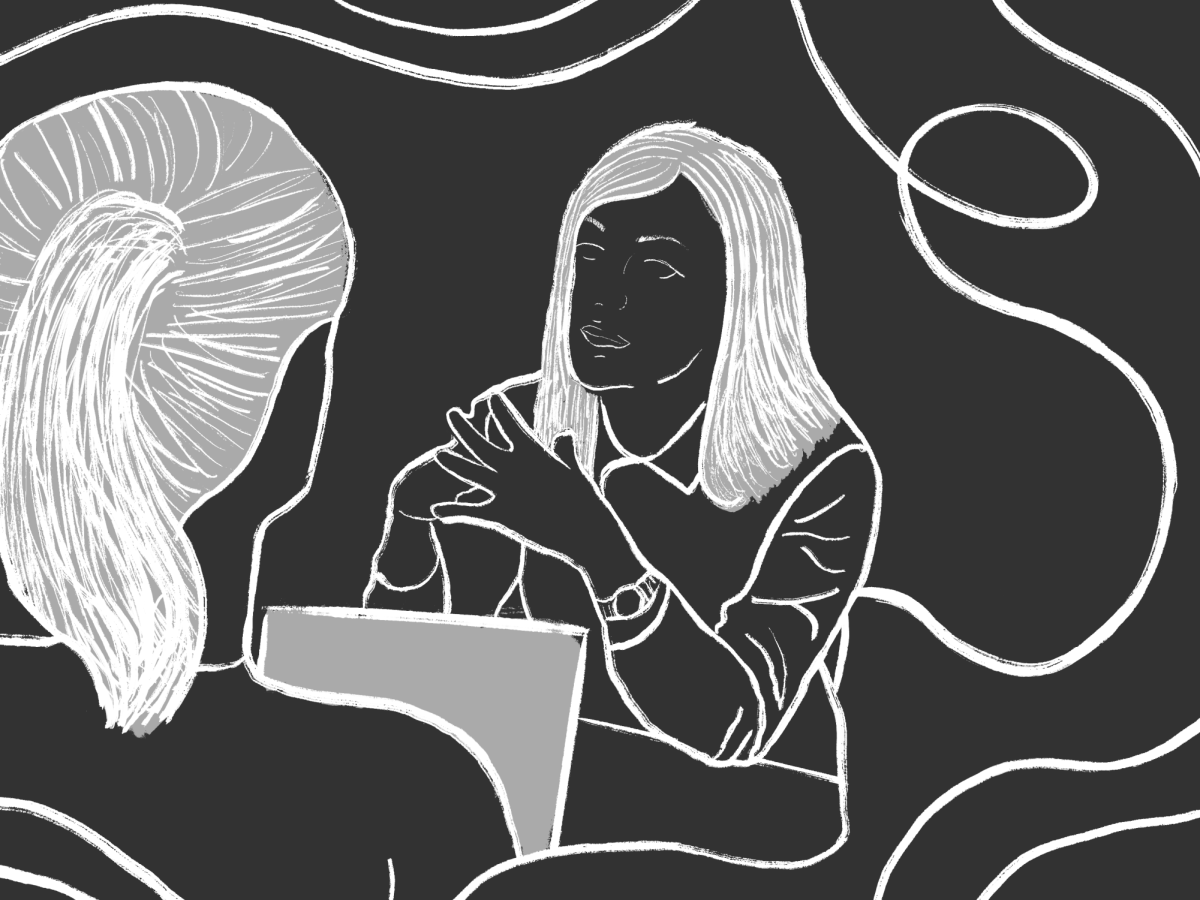
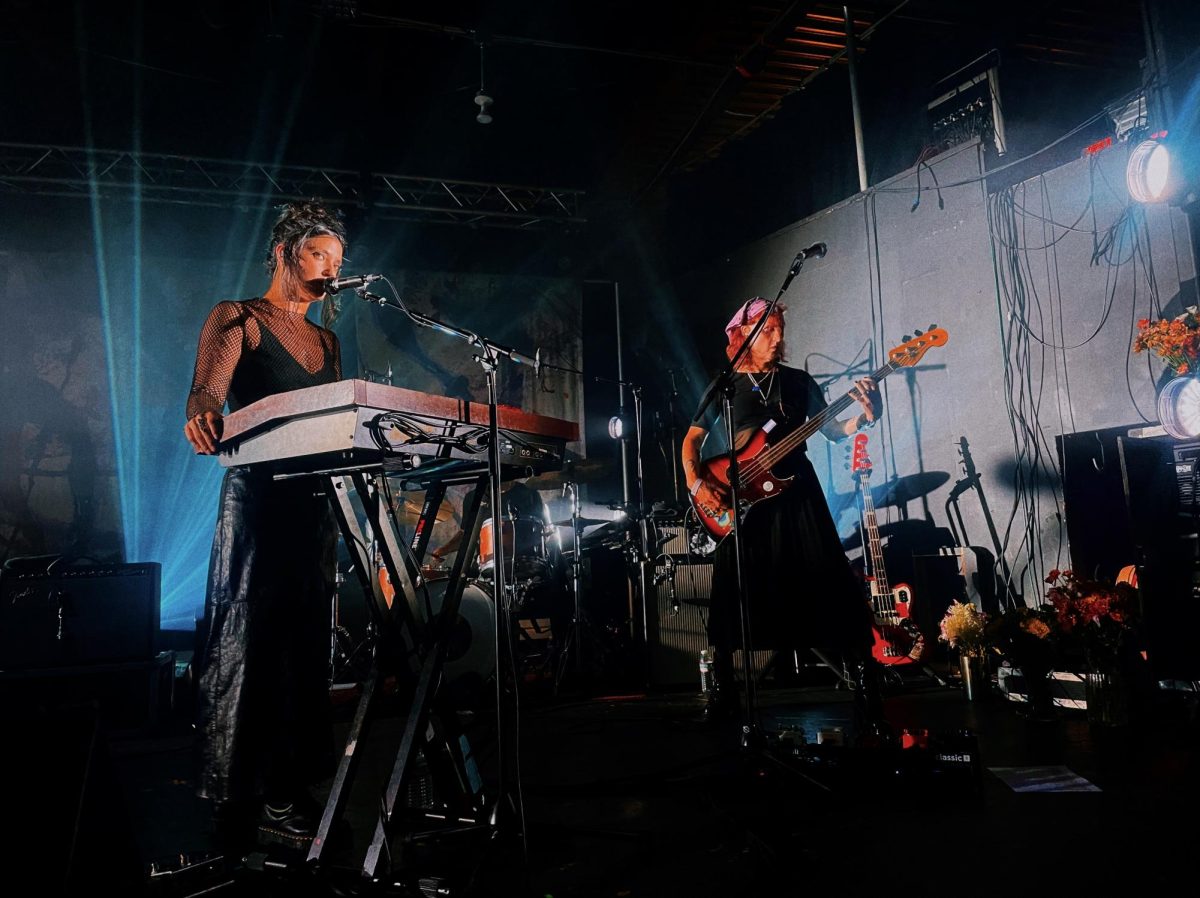
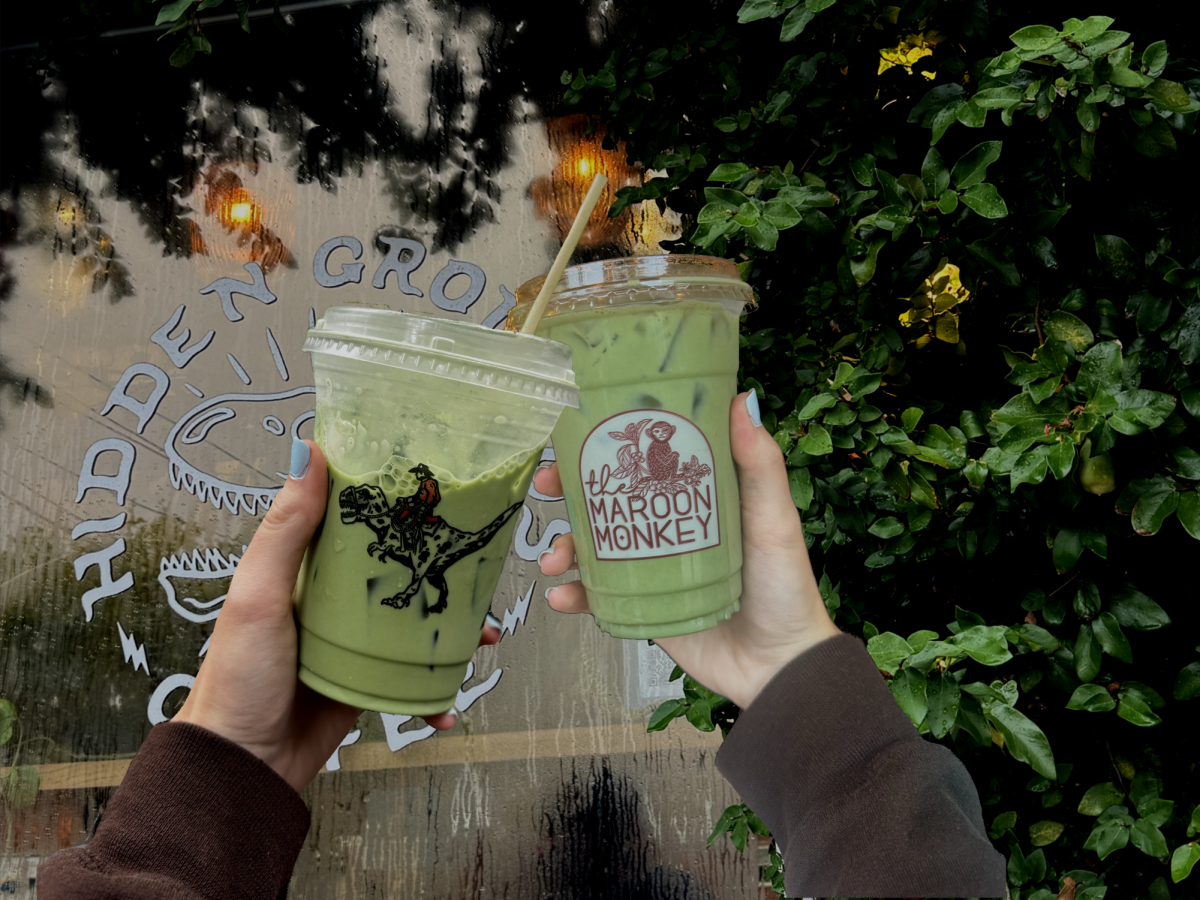
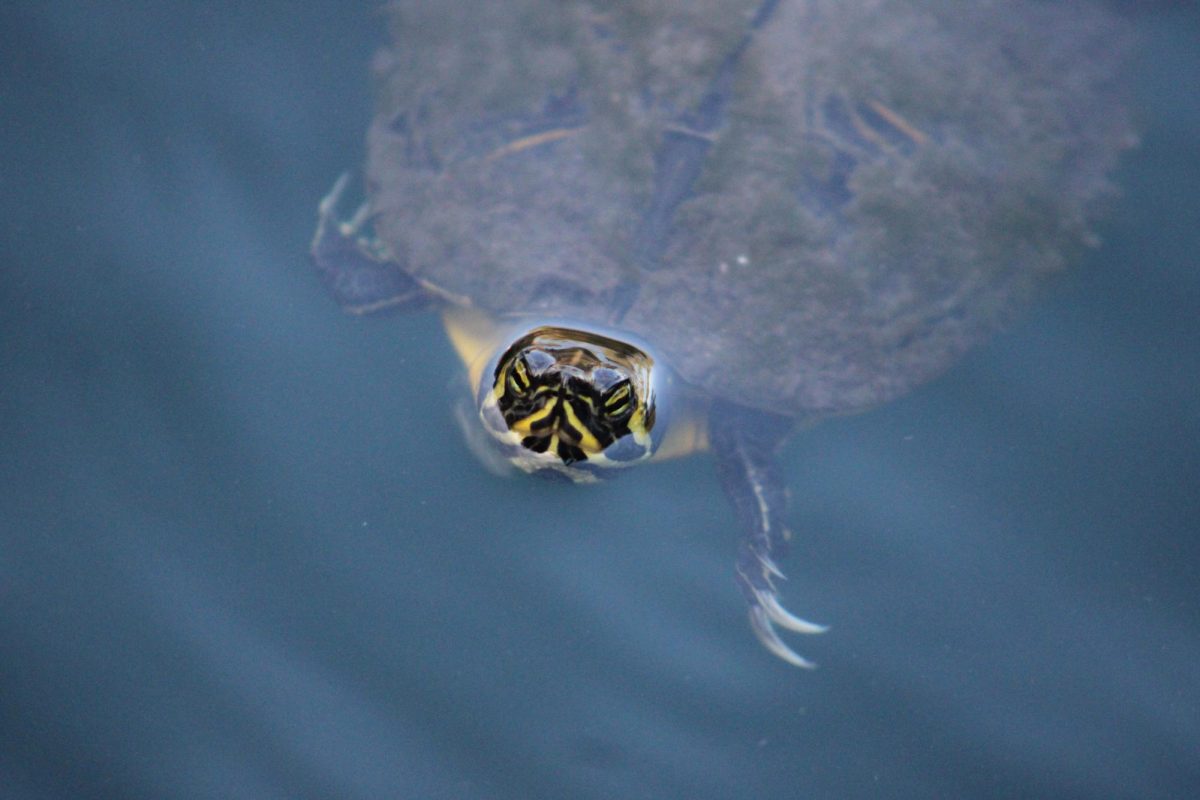
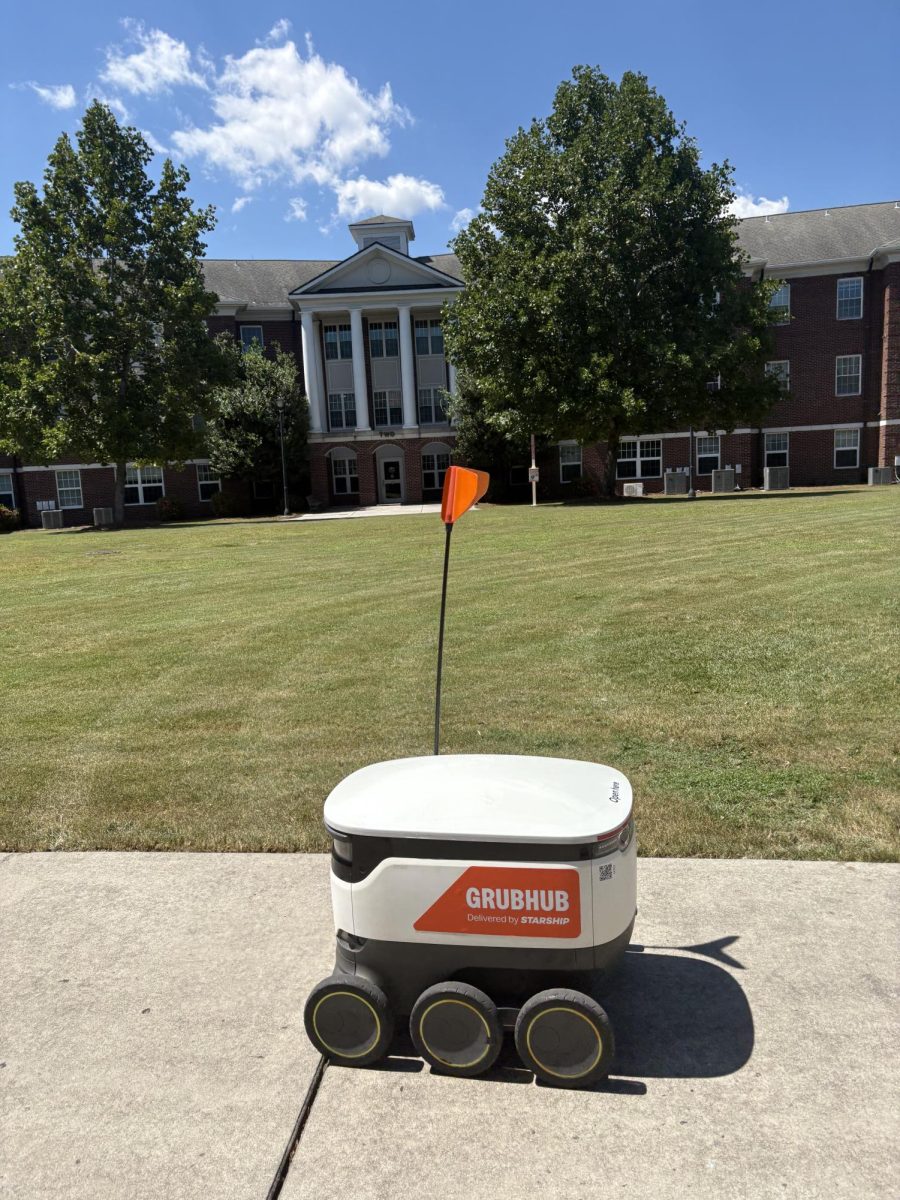



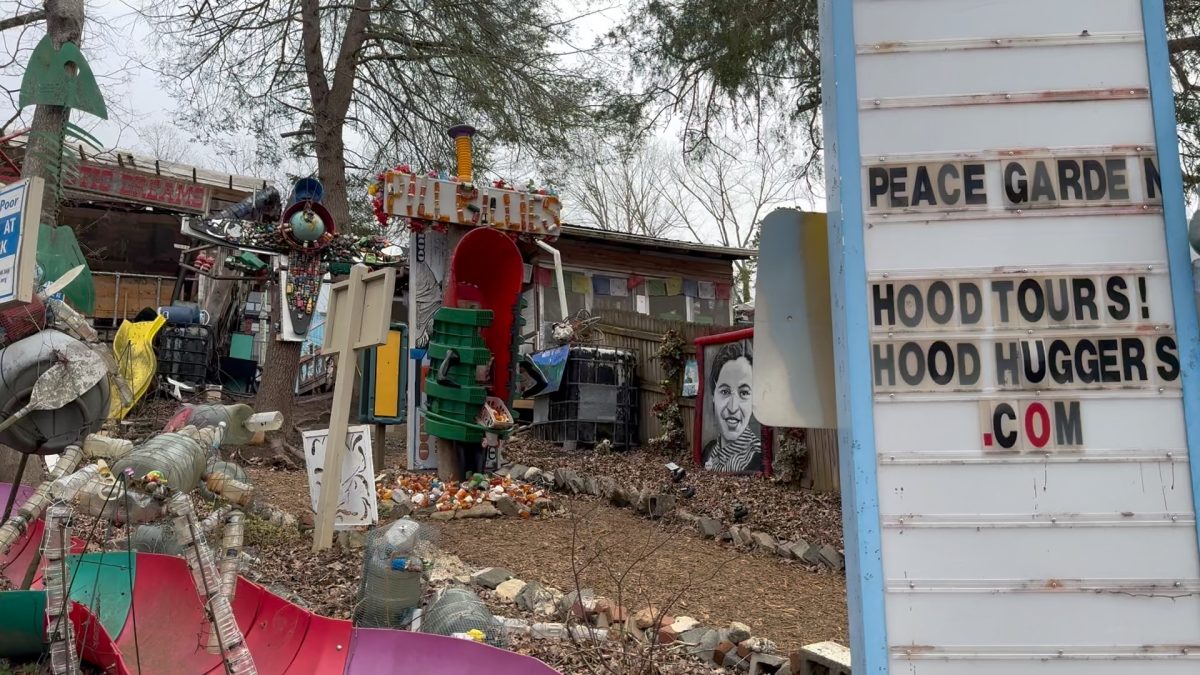
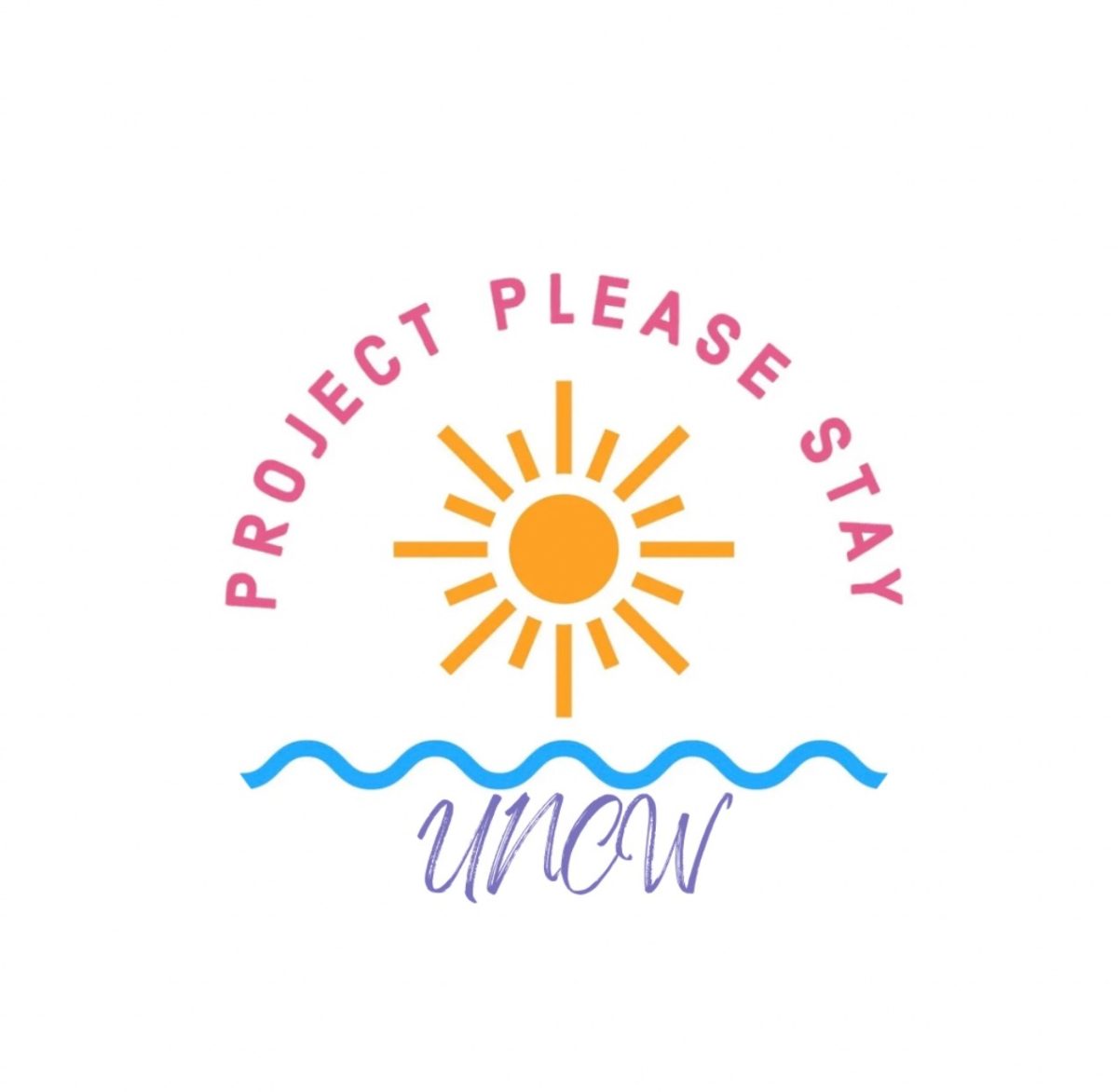

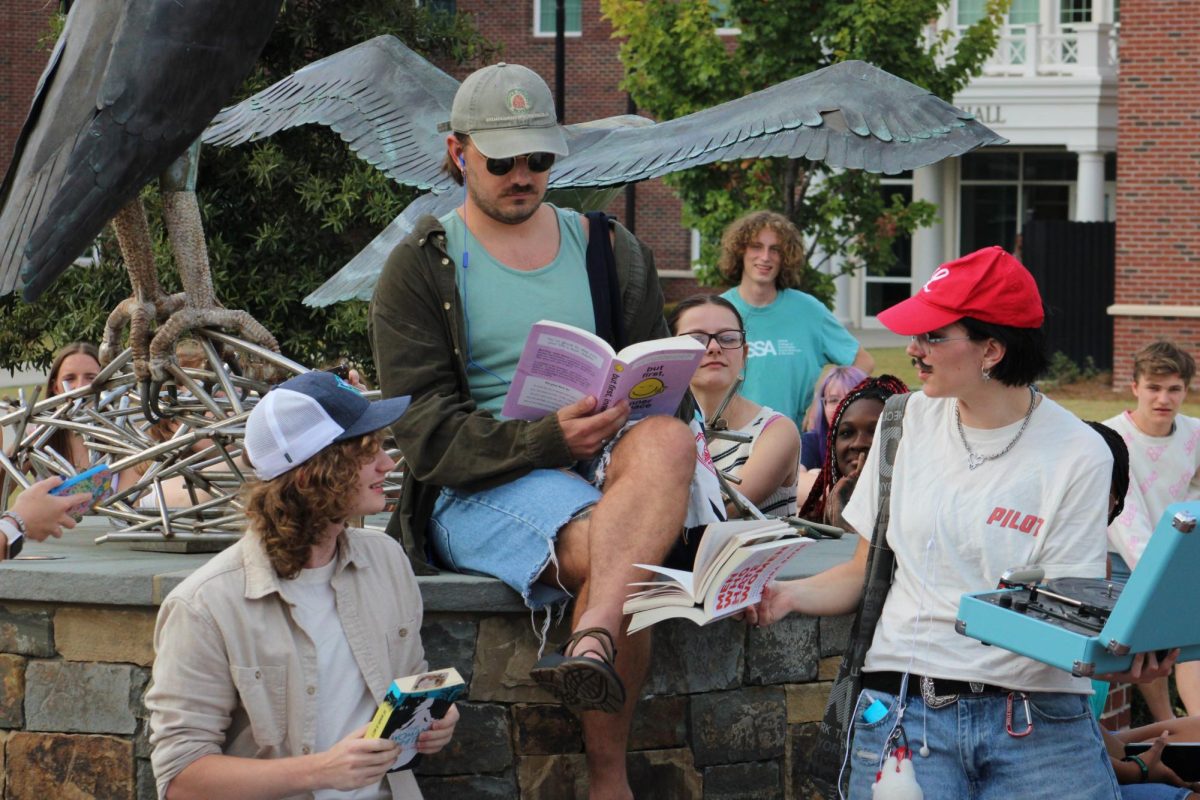

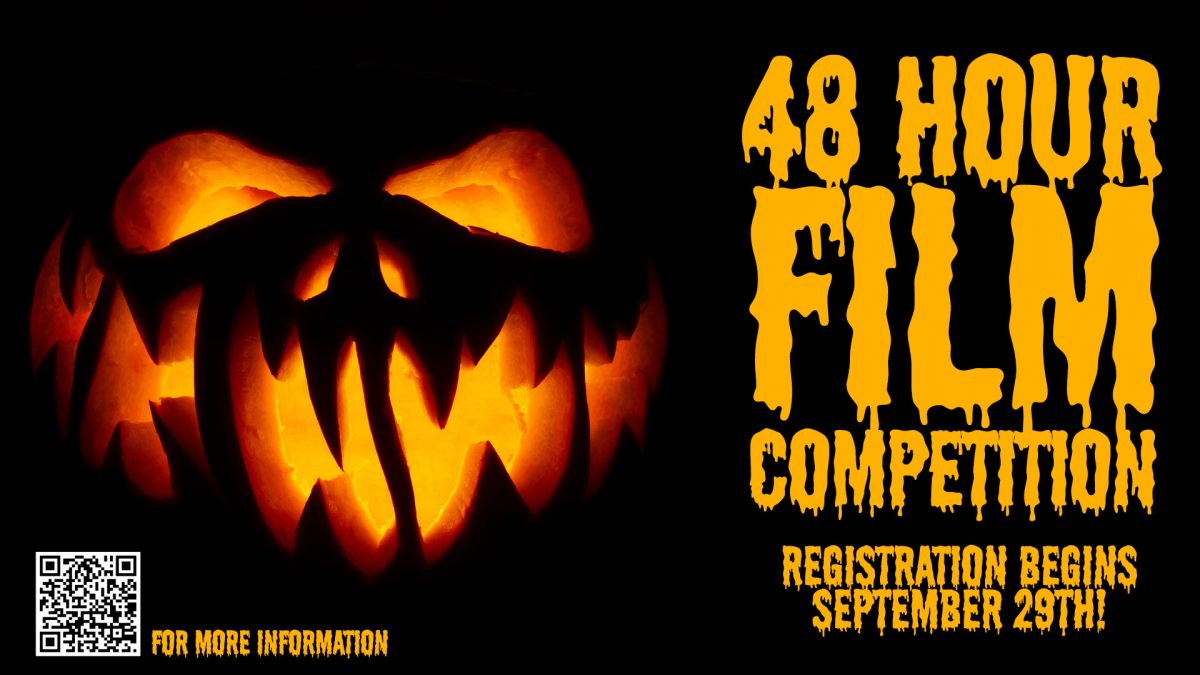
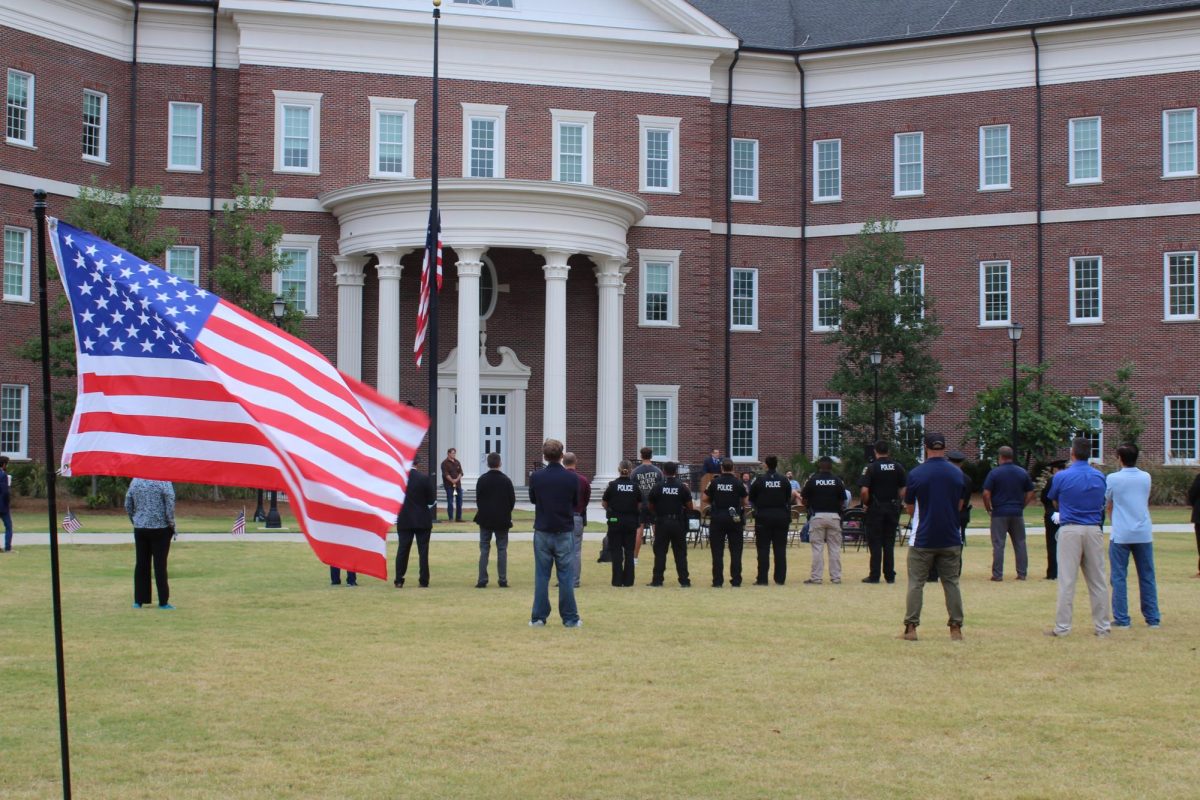
Ronald Karpf • Nov 12, 2024 at 5:50 pm
Inspiring and heartfelt.